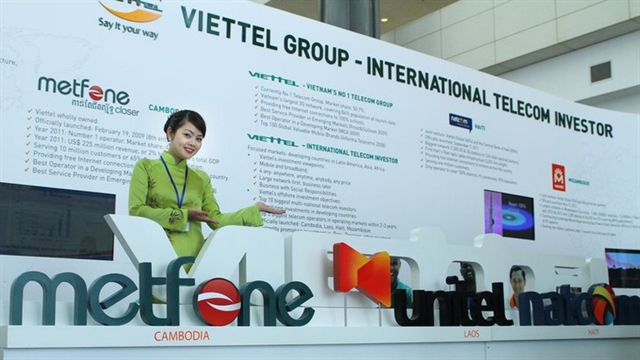Individuals will no longer be allowed to invest in real estate abroad if a new draft decree issued by the Ministry of Planning and Investment is approved.

Individuals will no longer be allowed to invest in real estate abroad if a new draft decree issued by the Ministry of Planning and Investment is approved.
Enterprises founded under the provisions of the Law on Enterprise would be exempt from the ruling.
The regulation aimed at preventing individuals from investing in real estate in foreign countries for the purpose of obtaining citizenship, according to the ministry.
According to Nguyen Van Toan, deputy chairman of the Viet Nam Association of Foreign-Invested Enterprises (VAFIE), there had been a number of cases of idividuals attempting to be naturalised through citizenship-by-investment to avoid civil liability in Viet Nam. These cases must be prevented, he said.
However, some individuals did invest in property in foreign countries for legitimate business purposes. Toan also pointed out that a number of individual investors were pumping money into real estate assets in Laos and Cambodia, and their investments were proving to be effective.
“The regulation banning all individuals from investing in real estate assets sounds unreasonable and should be reconsidered. Other management measures would be more helpful,” Toan said.
The draft decree also includes regulation about individuals who would be banned from investing abroad, including Government officials, military officers, soldiers and managers of State-owned enterprises.
The Ministry of Planning and Investment said the regulation would help limit possible risks such as investing abroad to disperse assets.
According to Toan, this regulation was appropriate and compliant with other established regulations in Viet Nam.
Notably, the draft decree differentiated overseas investments made by SOEs and private companies, which was critical for more efficient management, Toan said.
The draft decree also includes regulations about the definition of overseas investment capital, overseas investment of foreign-invested economic organisations, and investment in merger and acquisition deals in foreign countries.
Do Nhat Hoang, director of the ministry’s Foreign Investment Agency, said the decree aimed to create favourable conditions for investing abroad but also tightened management on overseas investments for purposes other than legitimate business.
Viet Nam’s overseas investment had seen significant development since 2015, with more active participation of private companies and individuals in a number of sectors, according to the Ministry of Planning and Investment.
Statistics showed that Vietnamese investors invested in 1,741 projects abroad with total registered capital of US$22.9 billion, of which about $9.65 billion was disbursed.
Vietnamese overseas investments were also more diversified in term of sectors and destinations countries. Vietnamese firms were expanding their investments in Japan, the US, the Republic of Korea, Singapore, Australia and the European Union, besides traditional markets like Laos, Cambodia and Russia.
Viet Nam’s overseas investment mainly flowed into agriculture, oil exploration and exploitation, commerce and trade, real estate, industrial production, banking and telecommunications. — VNS





